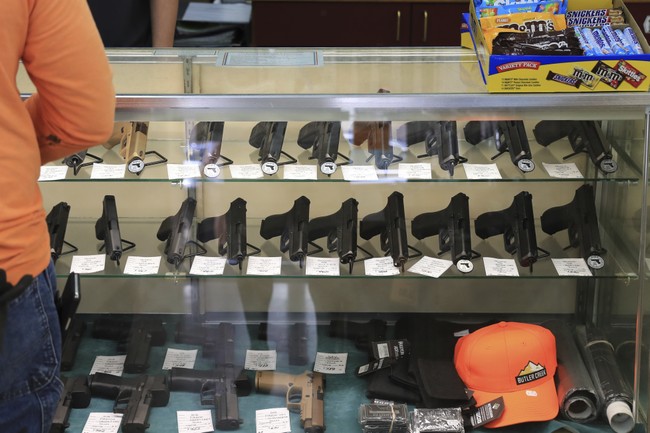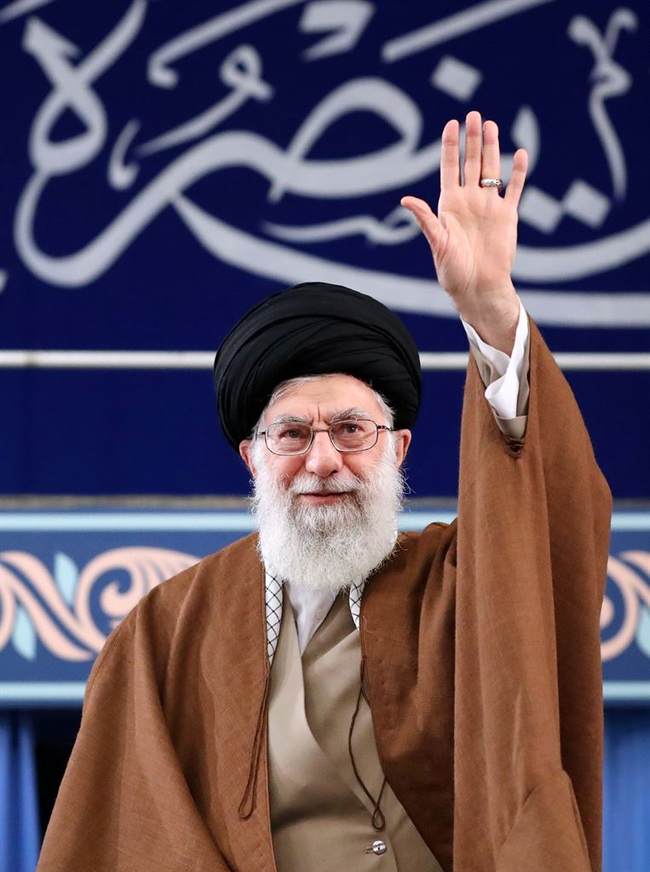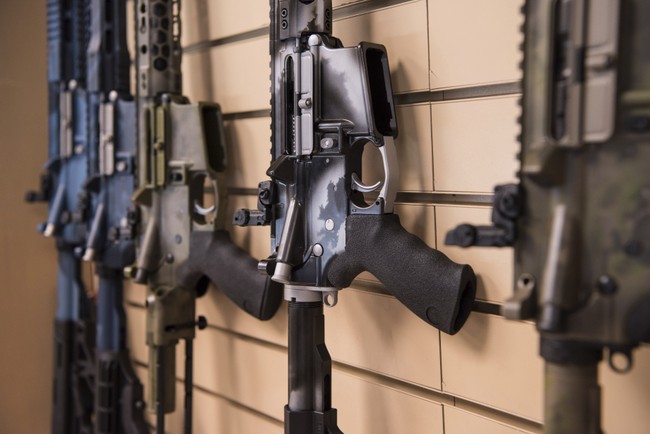It’s been eighty years since the United States put a definite end to the deadliest conflict in military history: World War II. Casualties would have, in all likelihood, skyrocketed even higher if not for Harry Truman’s decision to drop atomic bombs on Hiroshima and Nagasaki — a fact many Europeans still can’t seem to fathom.
The majority of respondents from France, Germany, Italy, and Spain believe America’s atomic bombing of Japan during World War II was “not morally justified,” according to a recent poll from YouGov. Just 35% of American respondents said the same.
People do -not- think nuking Hiroshima and Nagasaki were morally justified pic.twitter.com/7ZpjhnEZEx
— Polling USA (@USA_Polling) May 7, 2025
It’s little wonder Americans feel more comfortable morally justifying the attacks. After all, it was American lives — hundreds of thousands of them — which were on the line in the final days of the war. This isn’t an abstract cost/benefit analysis. The U.S. Department of Veterans Affairs estimates there are a little more than 66,000 living World War II veterans in America today. These are fathers and grandfathers and great-grandfathers who might have perished in an invasion of Japan. (RELATED: WWII Veteran Tells Trump To Have ‘Good Fight’ In November. Trump Immediately Makes Him A Promise)
In anticipation of the casualties wreaked by Operation Downfall, the proposed Allied plan for the invasion of Japan, the United States increased production of Purple Hearts. Approximately 1,531,000 Purple Hearts were minted in total. The reserve of decorations numbered almost 500,000 by World War II’s end. Even today, the United States still uses the Purple Hearts meant for World War II’s dead, according to author and former editor for Military Review D.M. Giangreco.
American military planners “ultimately came to the conclusion that the casualties on the low end would be somewhere around the neighborhood of a quarter-million, and on the upper end, in through the million range,” said Giangreco of a land invasion of Japan, according to National Public Radio (NPR).
Not to mention the terrible number of Japanese servicemen and civilians who would have likely perished if Operation Downfall was implemented in full. “While we were looking at some of our own casualty estimates, the Japanese military was doing much the same thing, and the figure of 20 million appears again and again,” said Giangreco to NPR. This seems plausible, given that the Japanese are fairly well famed for their total commitment even in the face of sure defeat. One need only look at the kamikaze for proof.
It’s much easier, then, for an Italian or a Spaniard to turn their nose up at the United States’ use of the atom bomb. They would do well to remember the alternative.
Follow Natalie Sandoval on X: @NatalieIrene03
Read the full article here






![Pet Raccoon Puts Meth Pipe in it’s Mouth During Traffic Stop in Ohio [WATCH] Pet Raccoon Puts Meth Pipe in it’s Mouth During Traffic Stop in Ohio [WATCH]](https://www.lifezette.com/wp-content/uploads/2025/05/2025.05.08-12.38-lifezette-681ca5c421e97.jpg)


